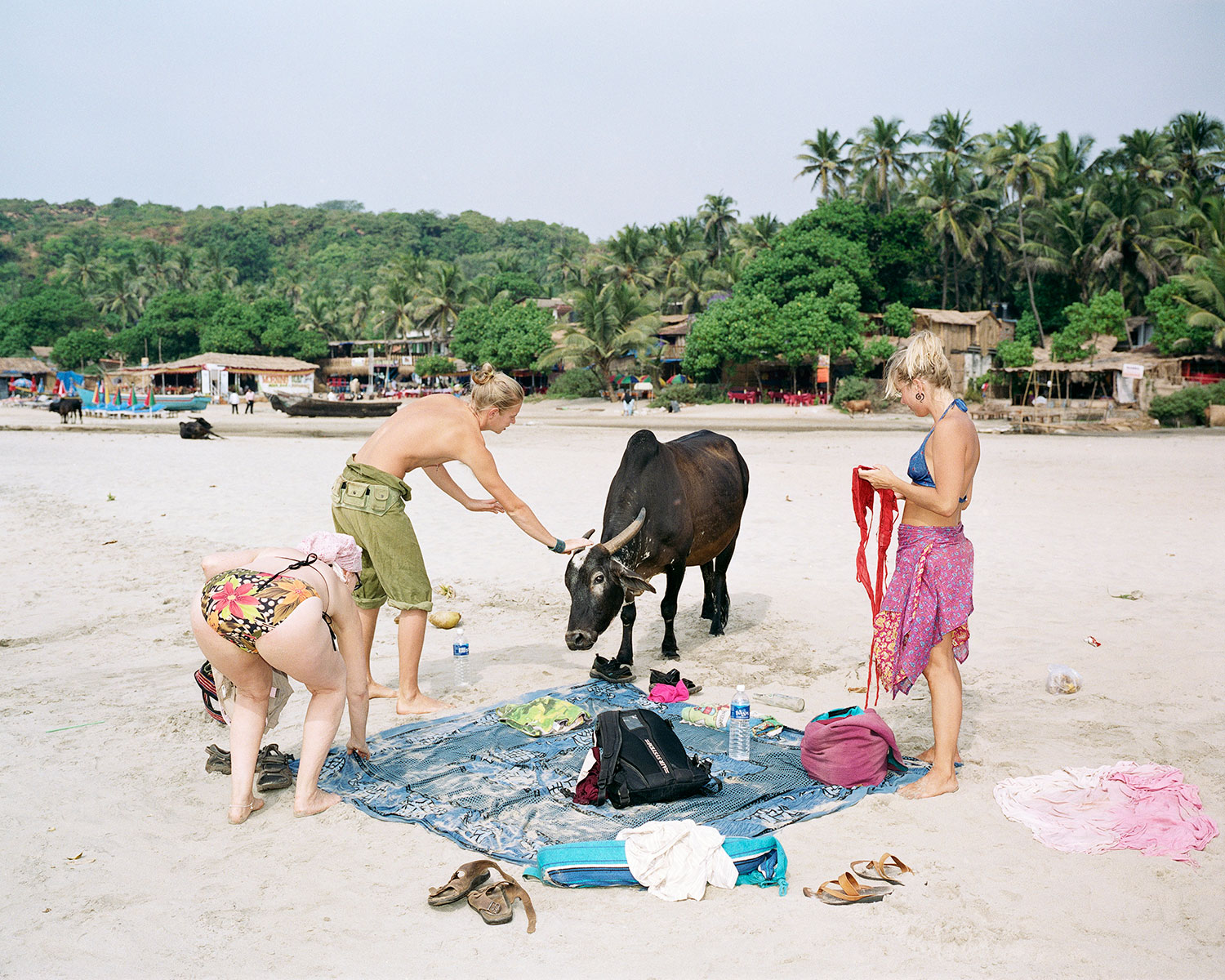
Editors’ Note: While Jörg Brüggemann shot this in 2006 and 2007, we felt that this commentary on the ironies of tourism would be a good start to the Indian tourism season.
Through the 20th century, writers, poets and artists have all wrestled with the troubling reality of modernity: that we live, as one famous German theorist put it, in a disenchanted world, sapped of mystery by our modern, secular, technological society. The search for wonder has animated a host of new age faddish trends in the West. It sent hippies to ashrams in India, made Tibetan Buddhism hip in Hollywood and launched travelers down paths of wanderlust and serendipity across the globe.
But something has happened along the way. Photographer Jörg Brüggemann joined the backpacker trail in South and Southeast Asia: a stretch of turf that has been densely charted already by Lonely Planet, that is lined with tours and scams ready to swallow up the unsuspecting, and that is trod over by millions each year. Many of these tourists are young people on gap years or study abroad, journeying ostensibly on latter day quests of self-discovery, financed on a shoestring. But, according to Brüggemann, what were once whimsical, individual explorations have turned into banal spectacles of packaged mass tourism. “Thailand,” he says, “is already like Mallorca.”
His photos from Thailand, Laos and India capture the backpacker experience in its ironies and idiosyncrasies. Young Western kids smoke hash, ape the meditation of holy men, pad around hostels, get drunk. Throughout Asia, it seems tourists are rarely engaging in the country they visit on its own terms, but rather, on the hackneyed ones manufactured by the whole backpacker tourism industry. In his seminal work Orientalism, the great, late, humanist intellectual, Edward Said, described how many Western scholars of the East—the Orient—treated it not as a real place but as a “theatrical stage affixed to Europe.” In a different context, the backpacker circuit achieves the same effect.
But of course, this is of minimal importance to the locals looking on. This is their home, their quotidian existence. The swollen tourist trail may be unsightly, but it’s usually profitable to those making a living on its sidelines. And that’s a virtue that has universal appeal.
Born in 1979 in Herne, Germany, Brüggemann studied under award-winning photographer Peter Bialobrzeski. He is currently working as a freelance photographer in Berlin and is a member of OSTKREUZ photo agency. More of his work can be seen here.
Ishaan Tharoor is a writer-reporter for TIME and editor of Global Spin. Find him on Twitter at @ishaantharoor. You can also continue the discussion on TIME’s Facebook page and on Twitter at @TIMEWorld.
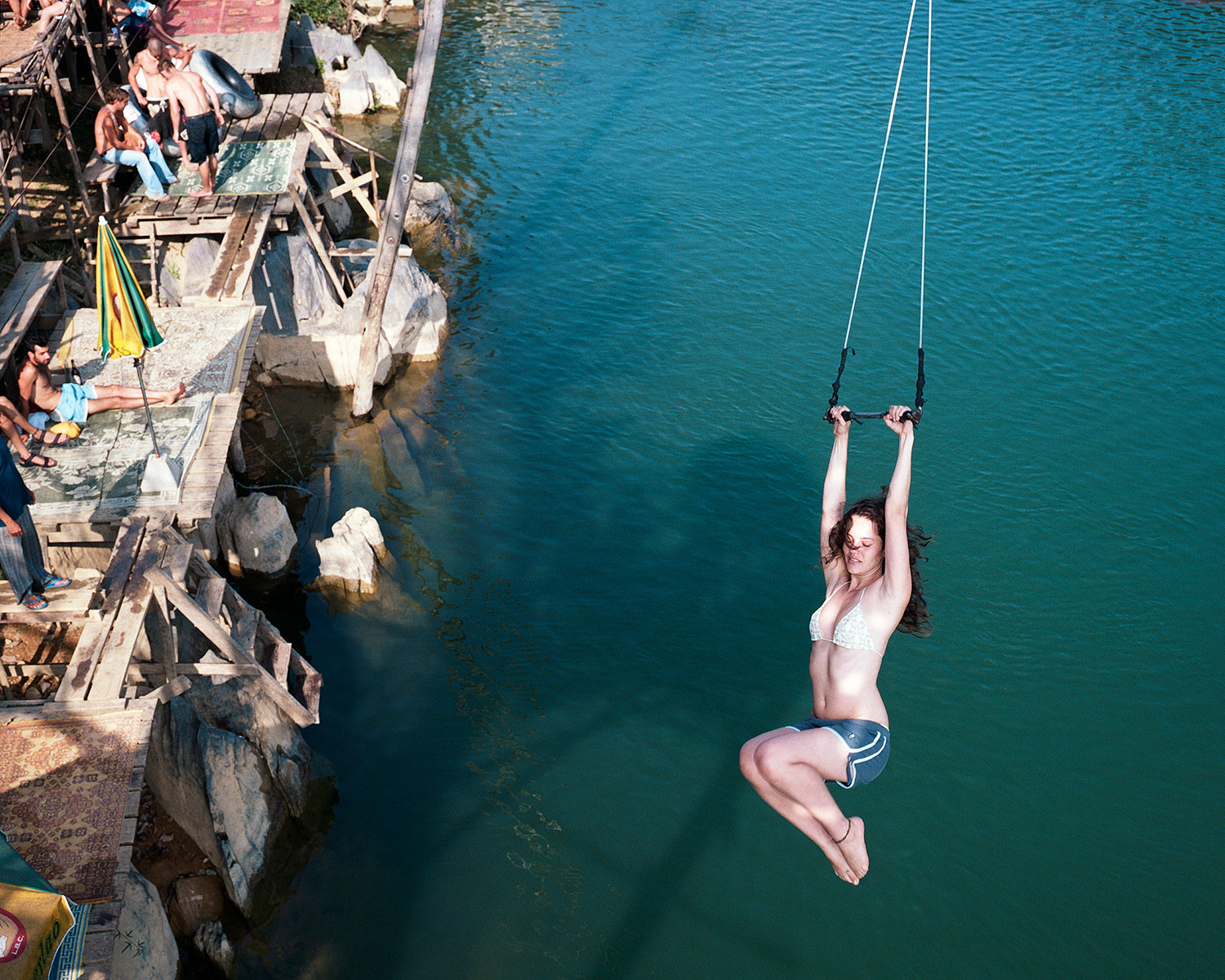
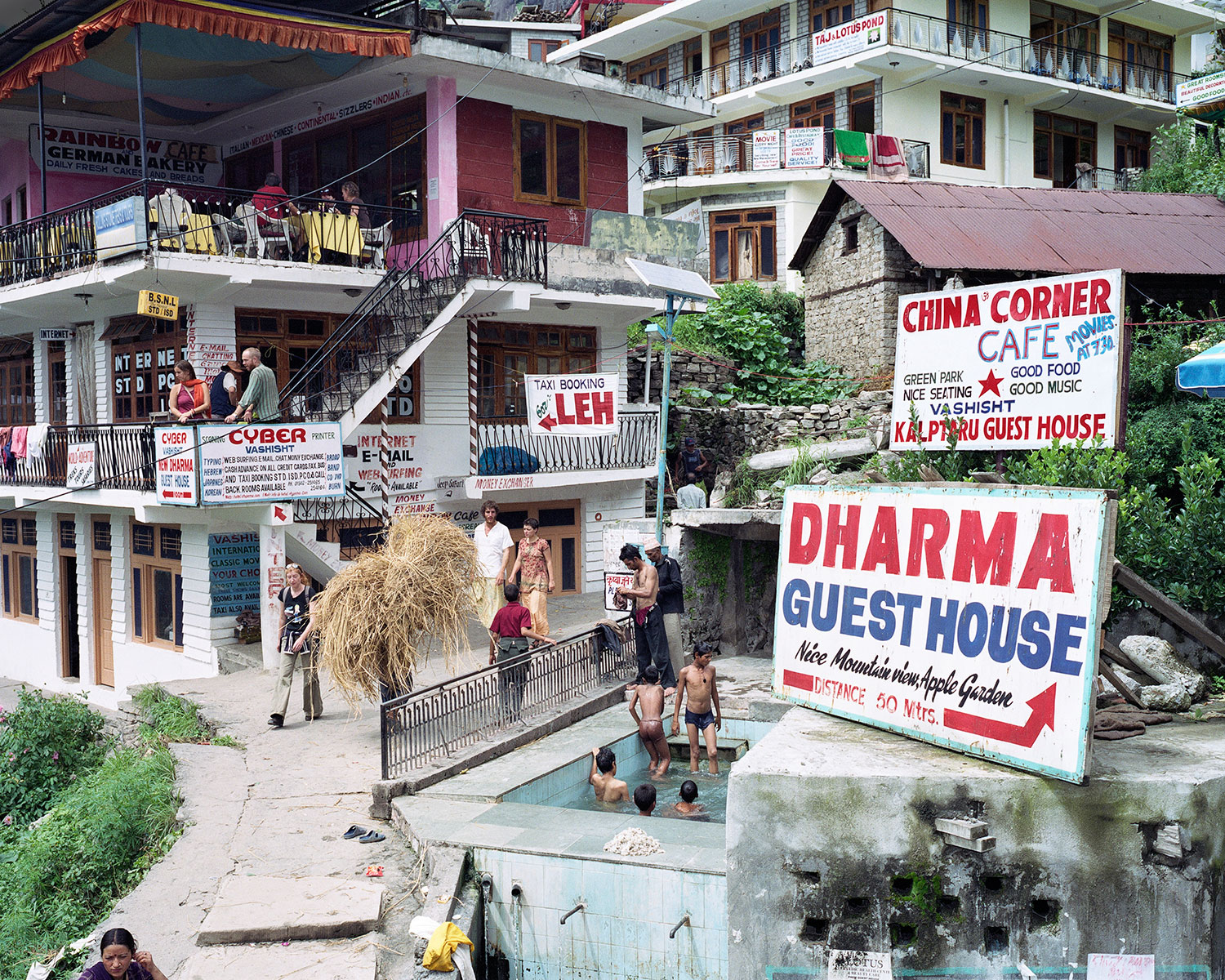
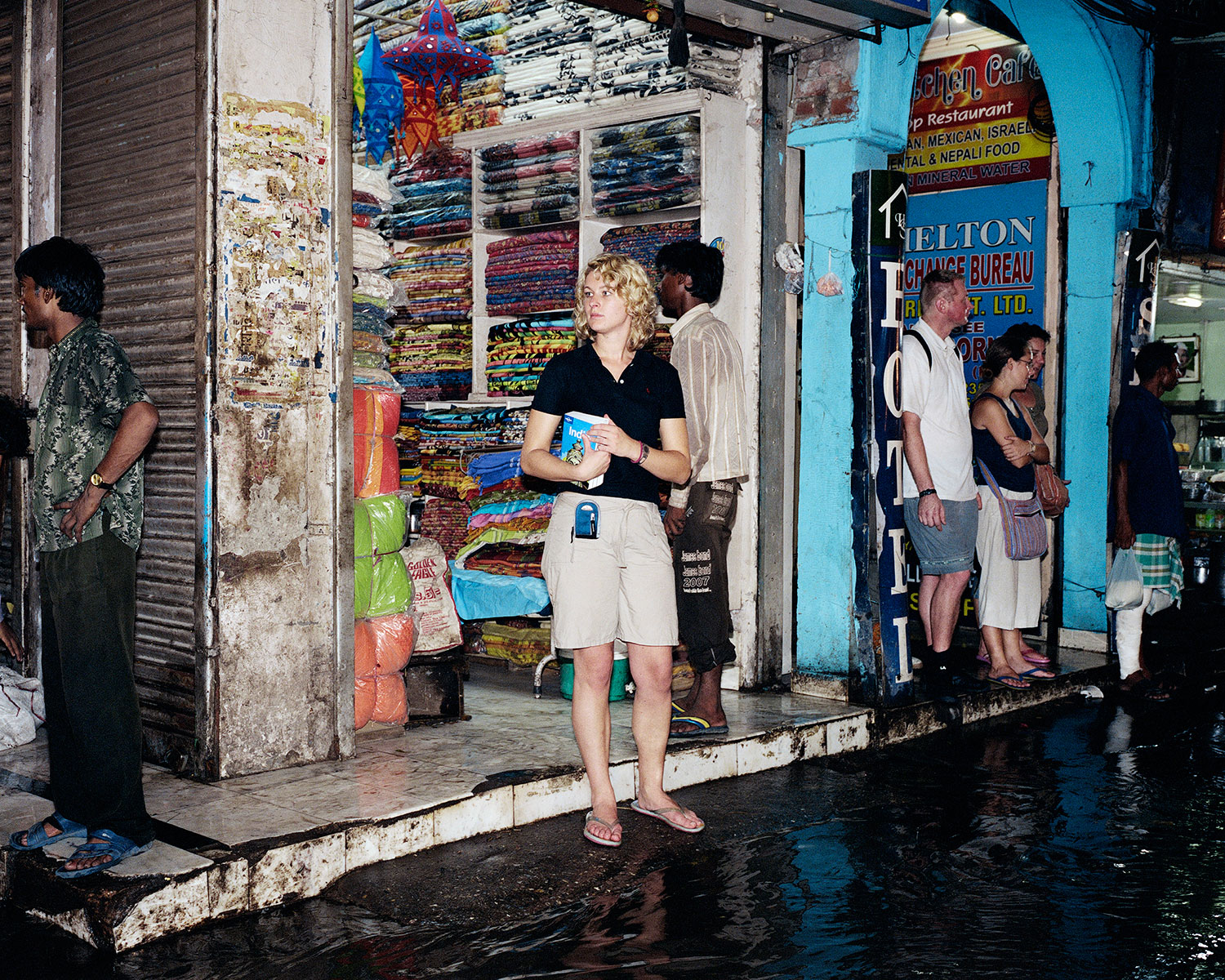
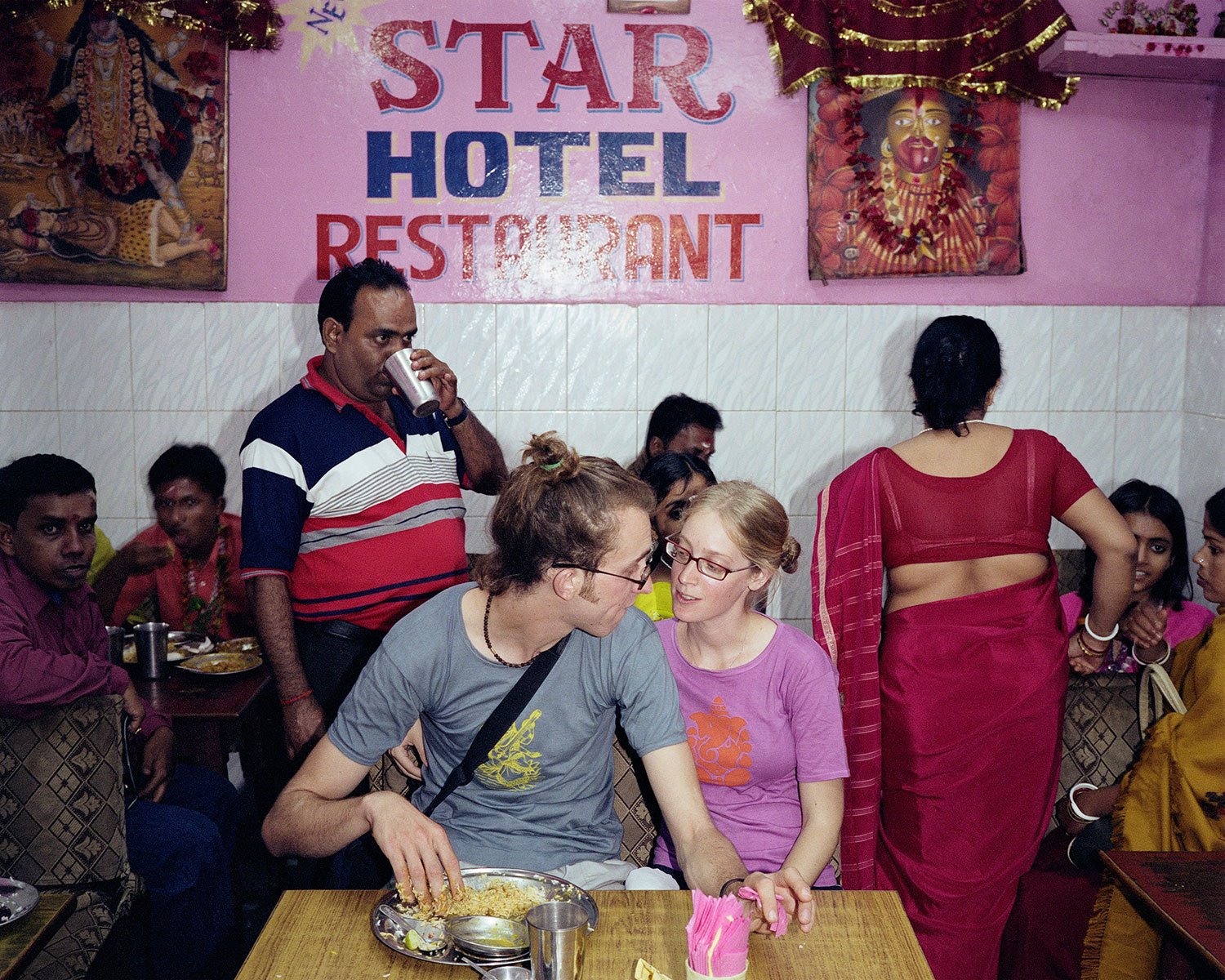
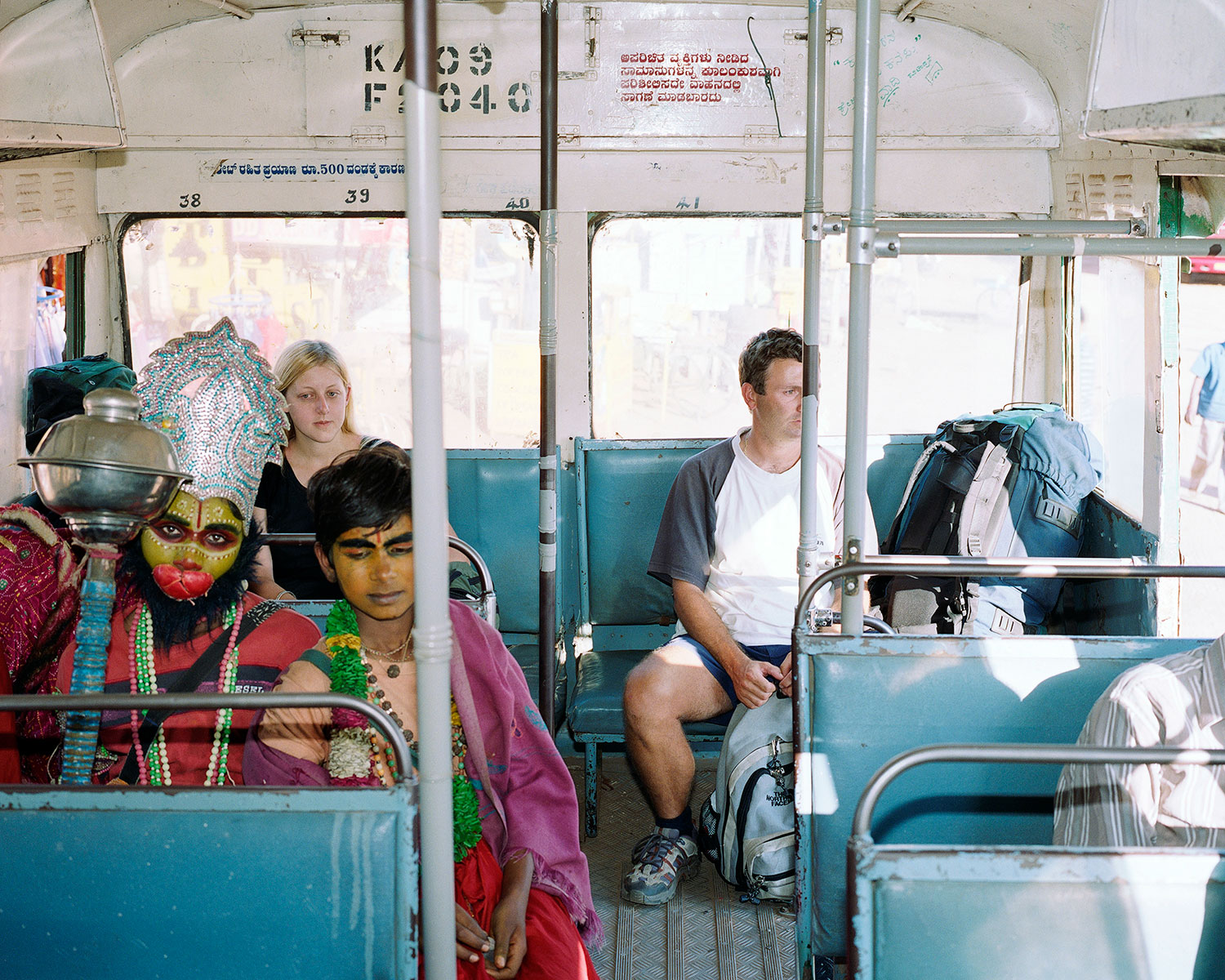
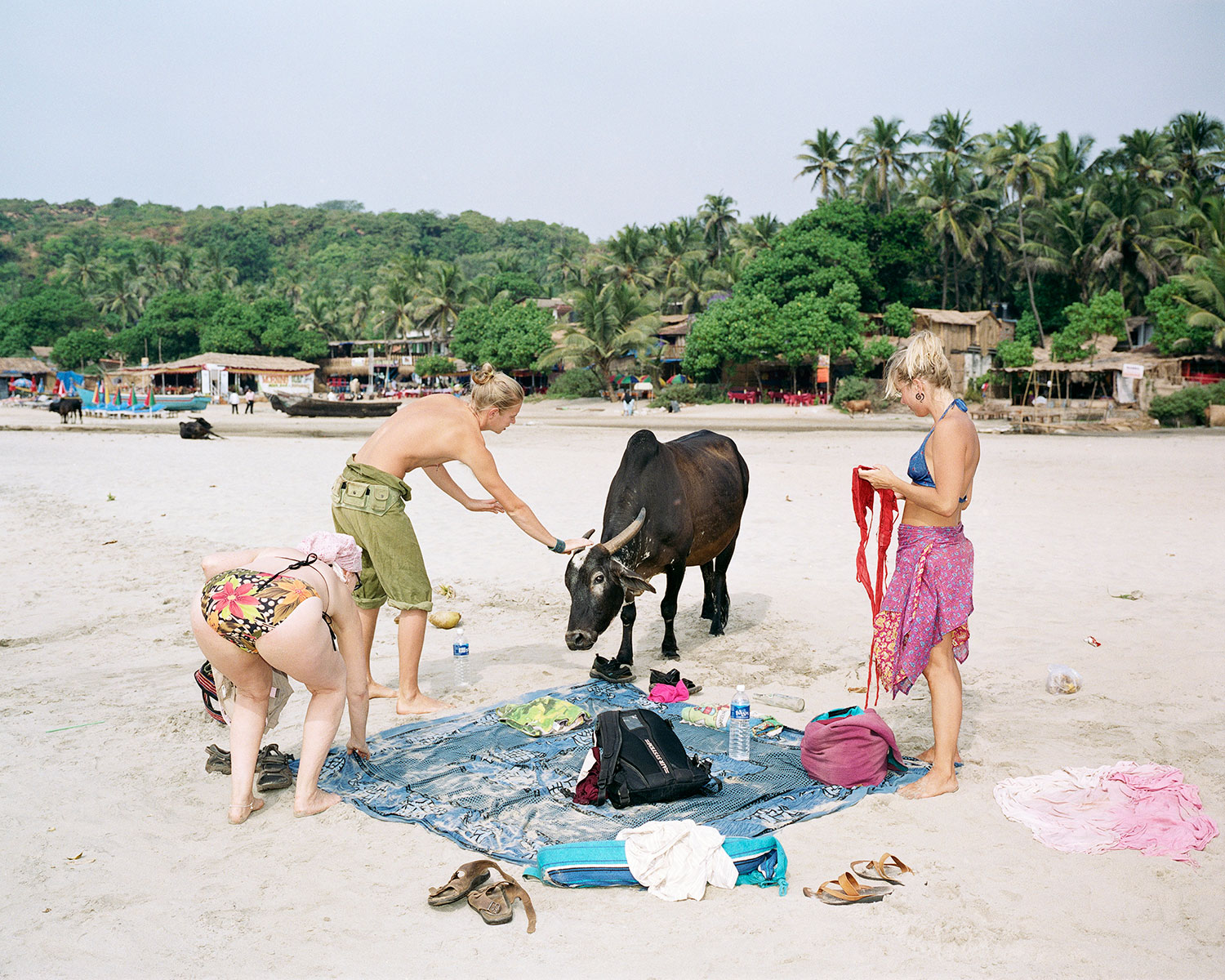
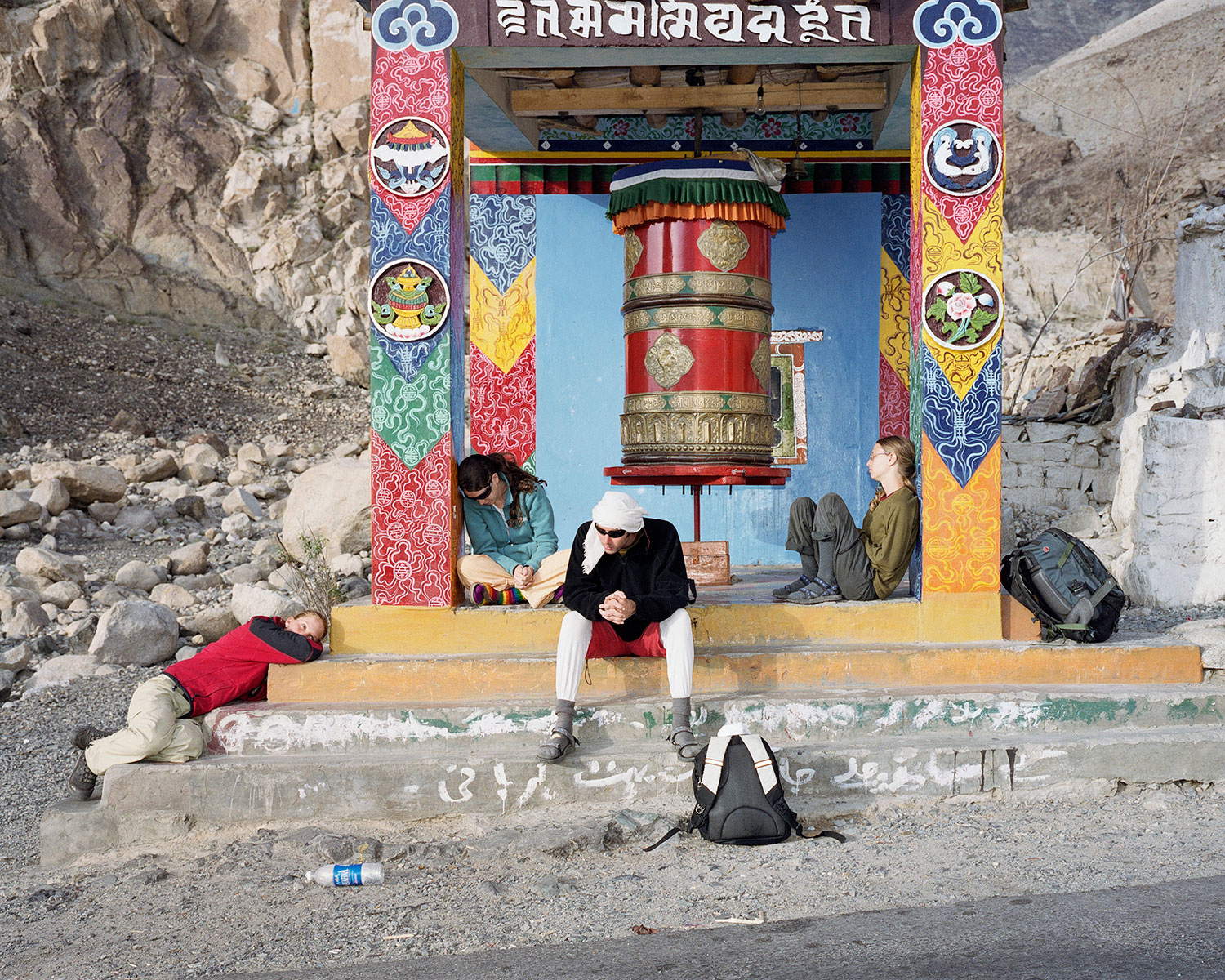
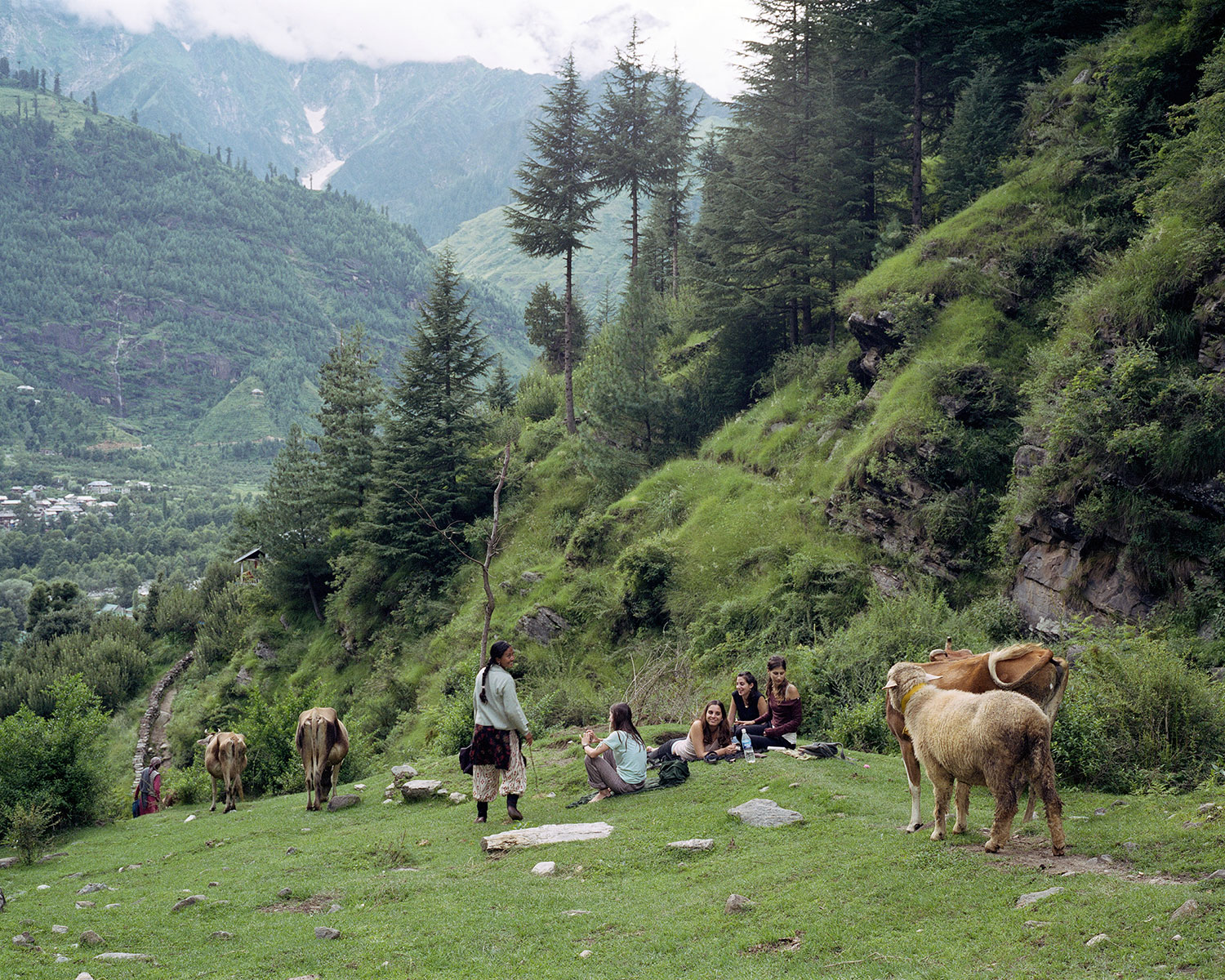
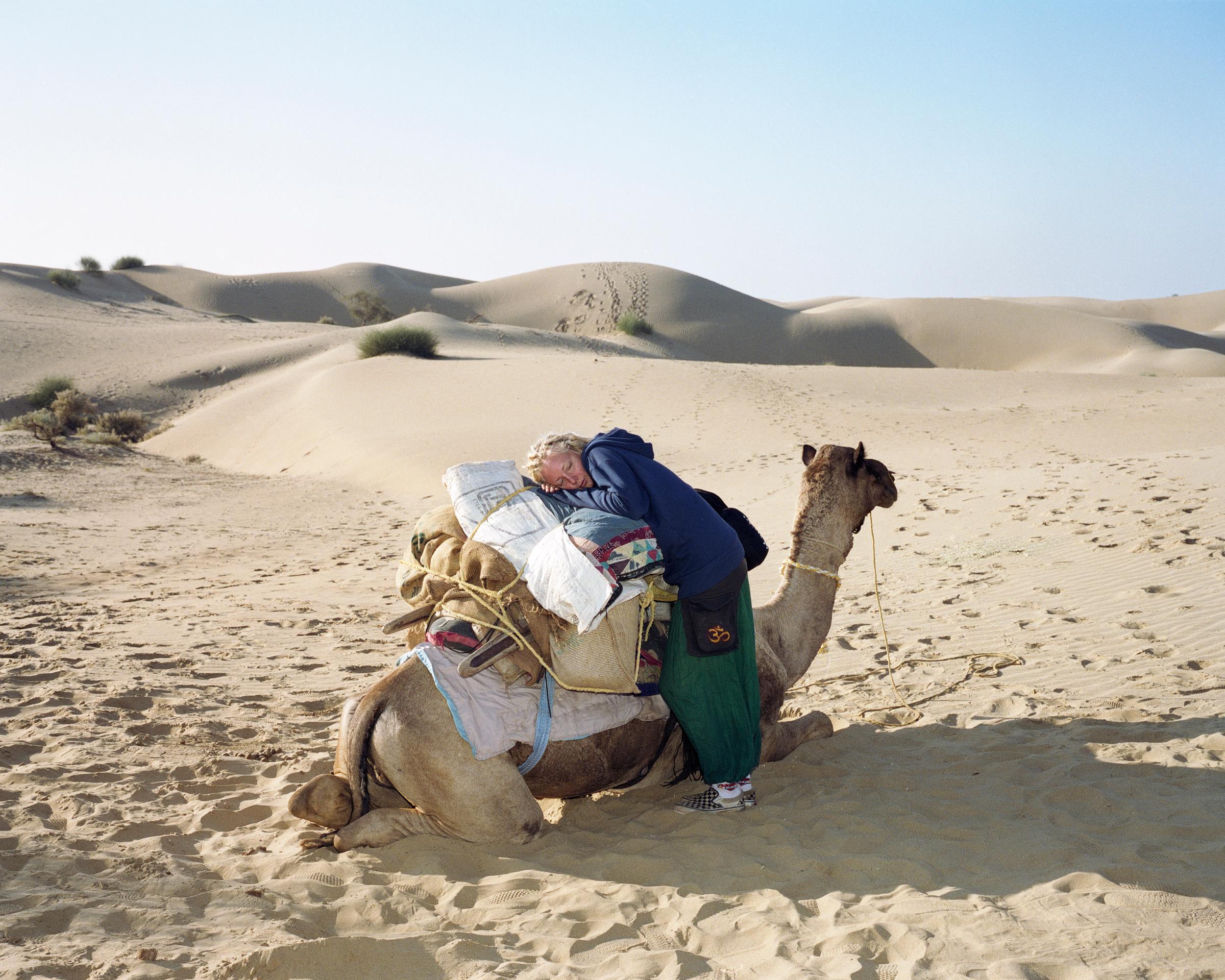
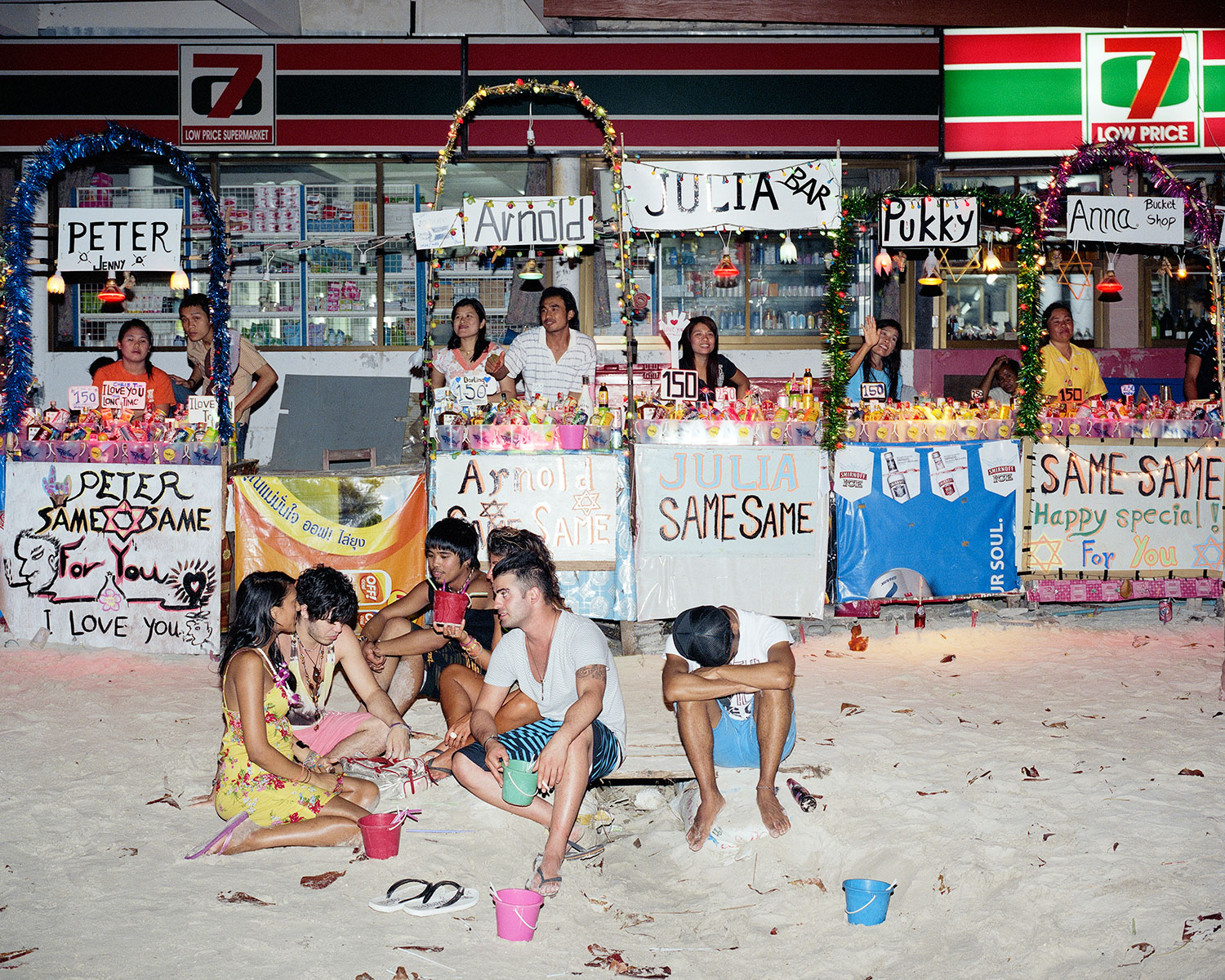
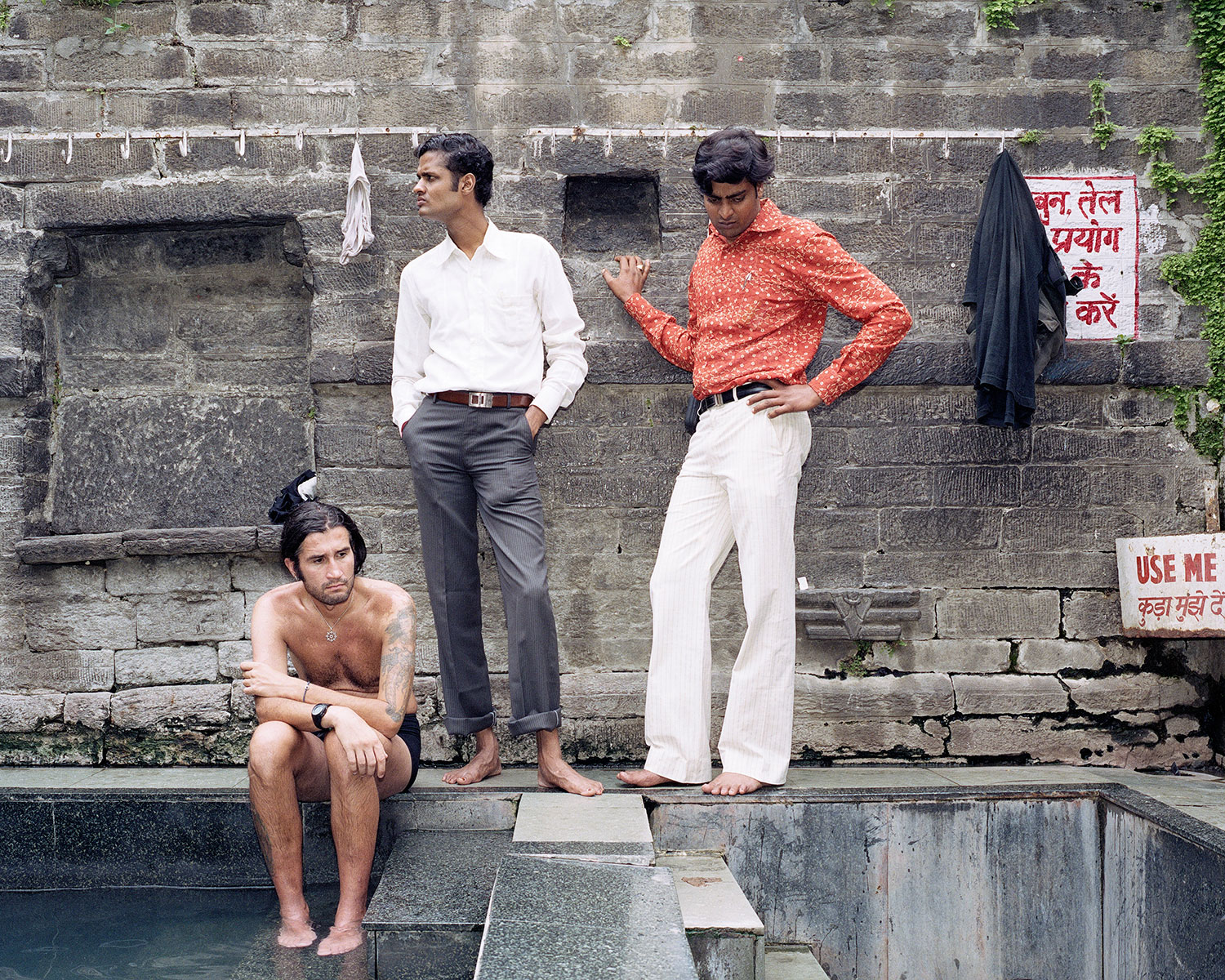
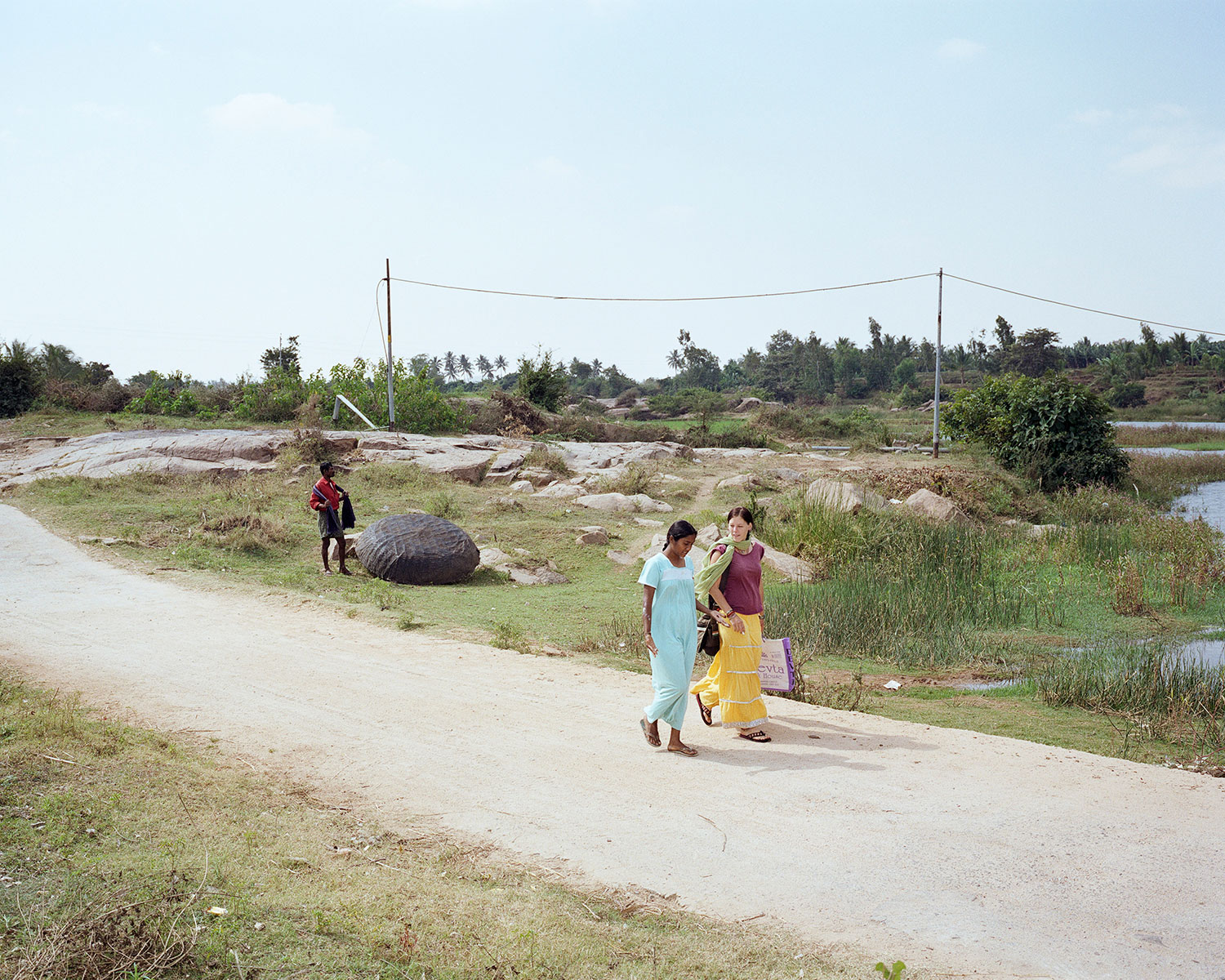
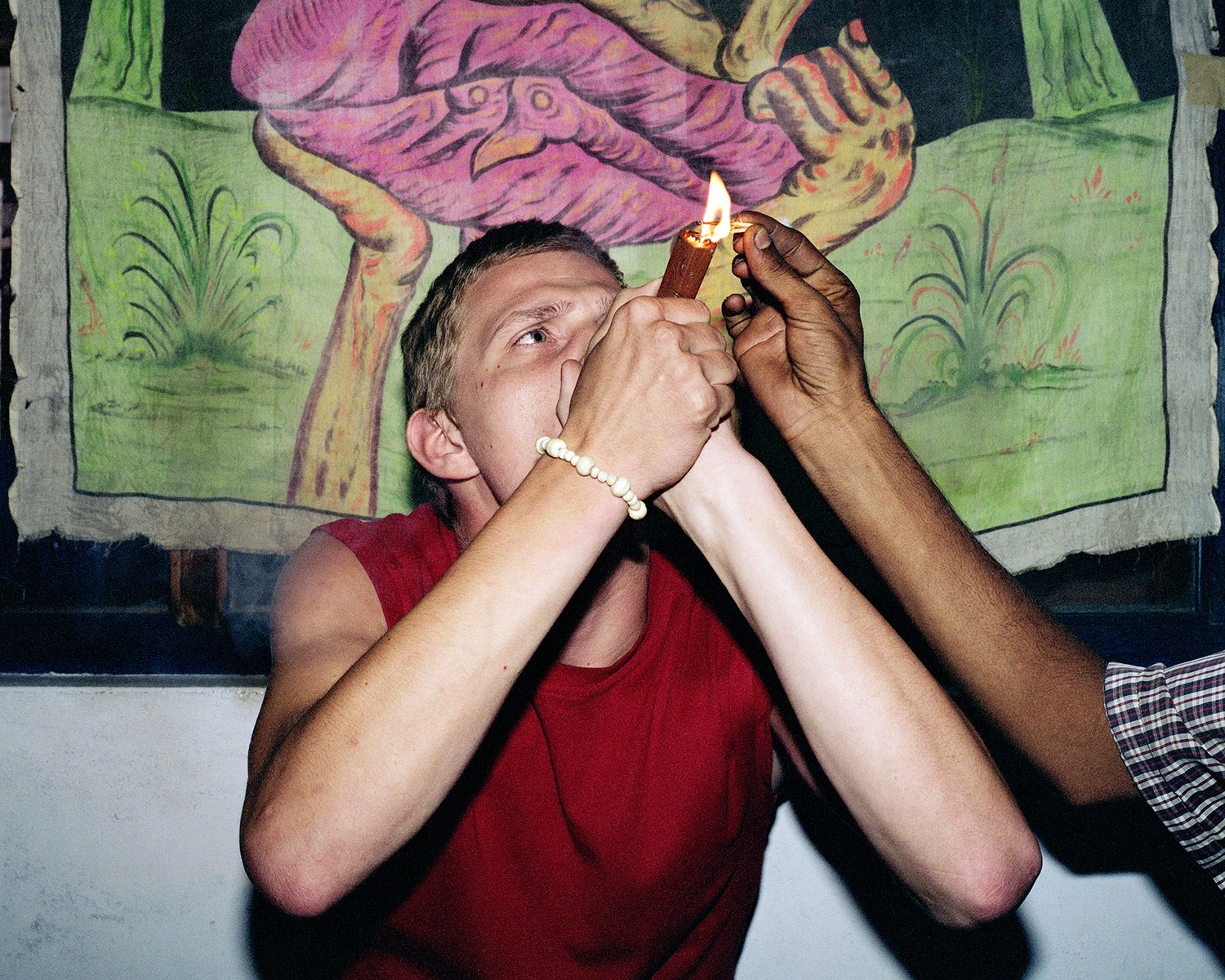
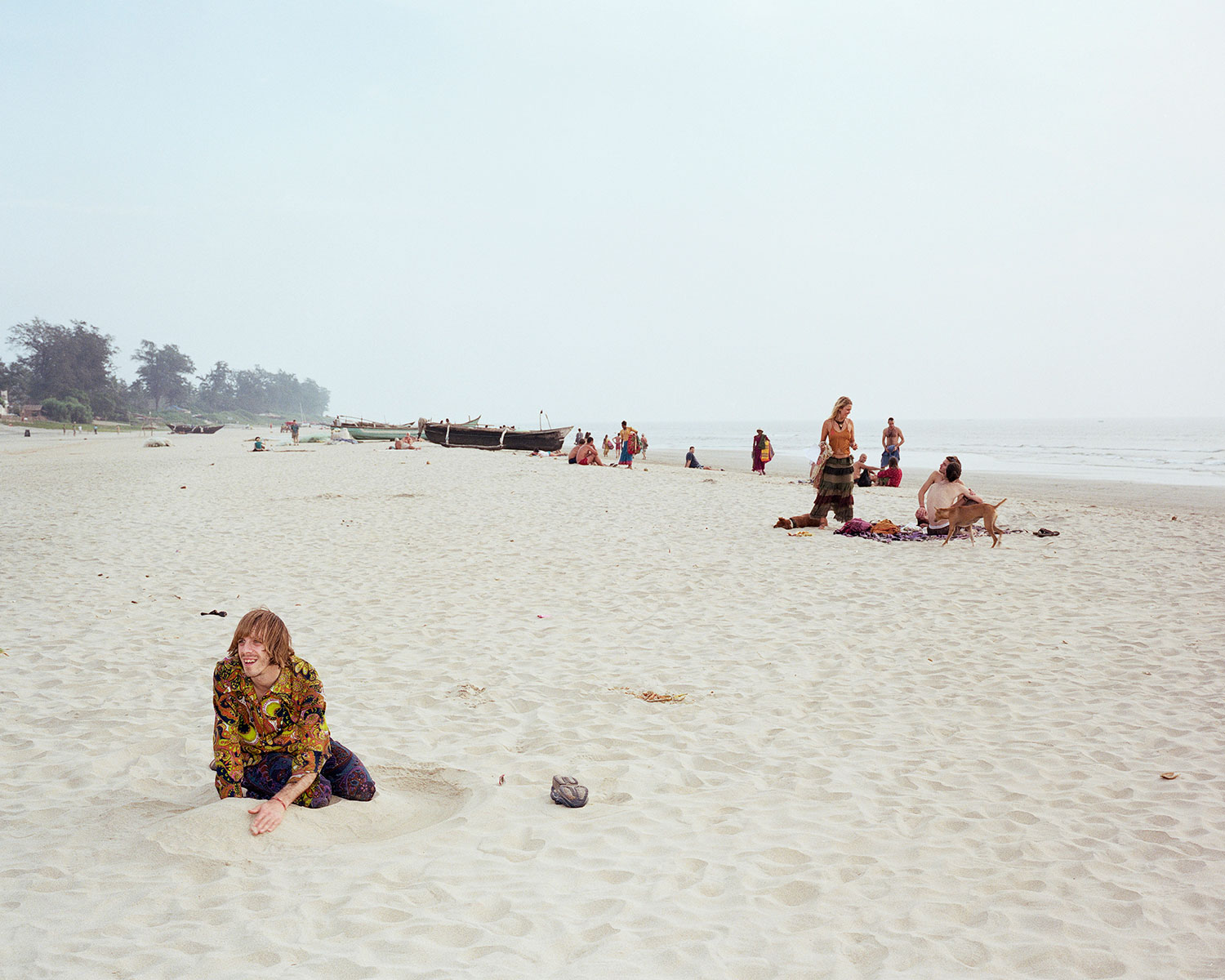
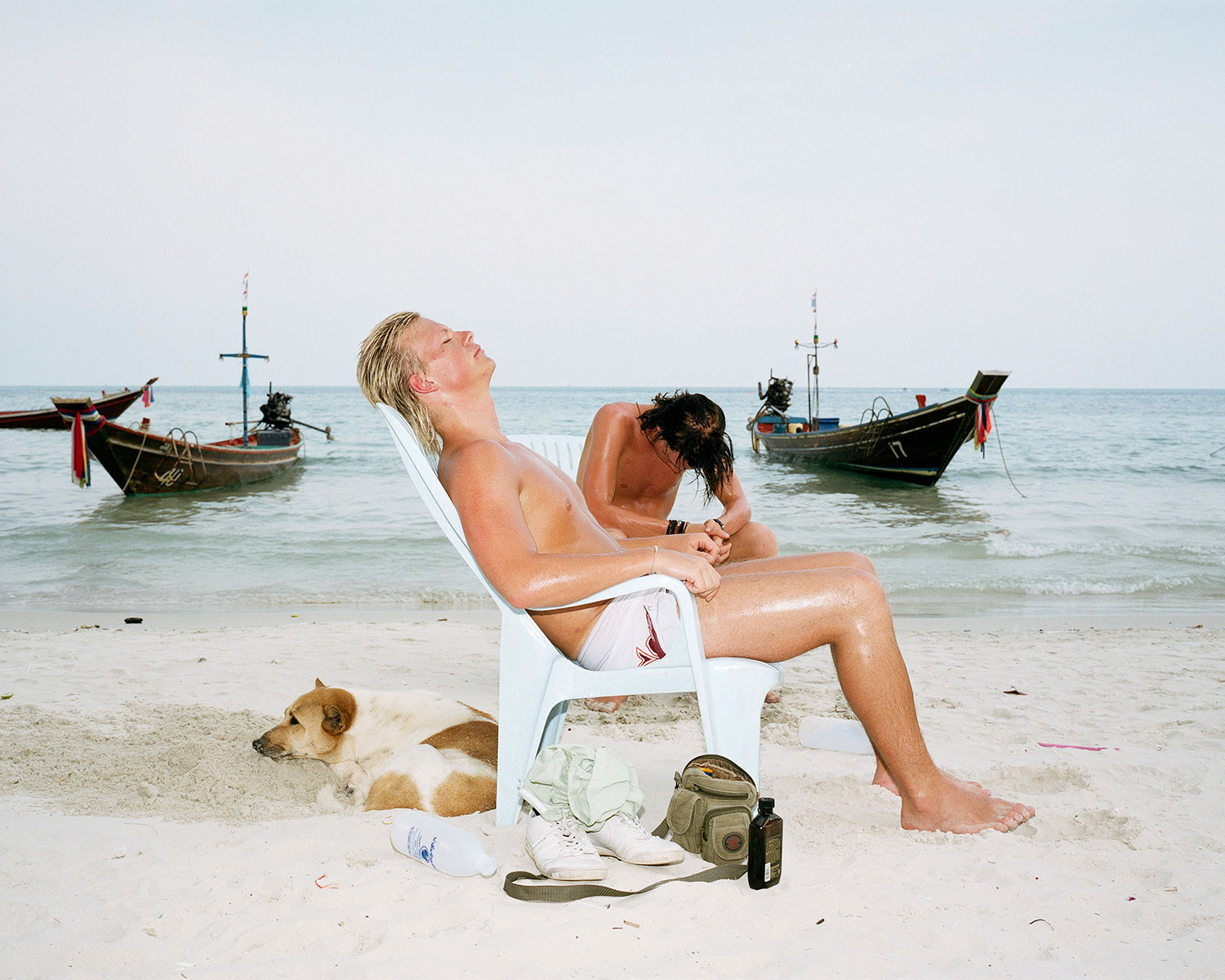
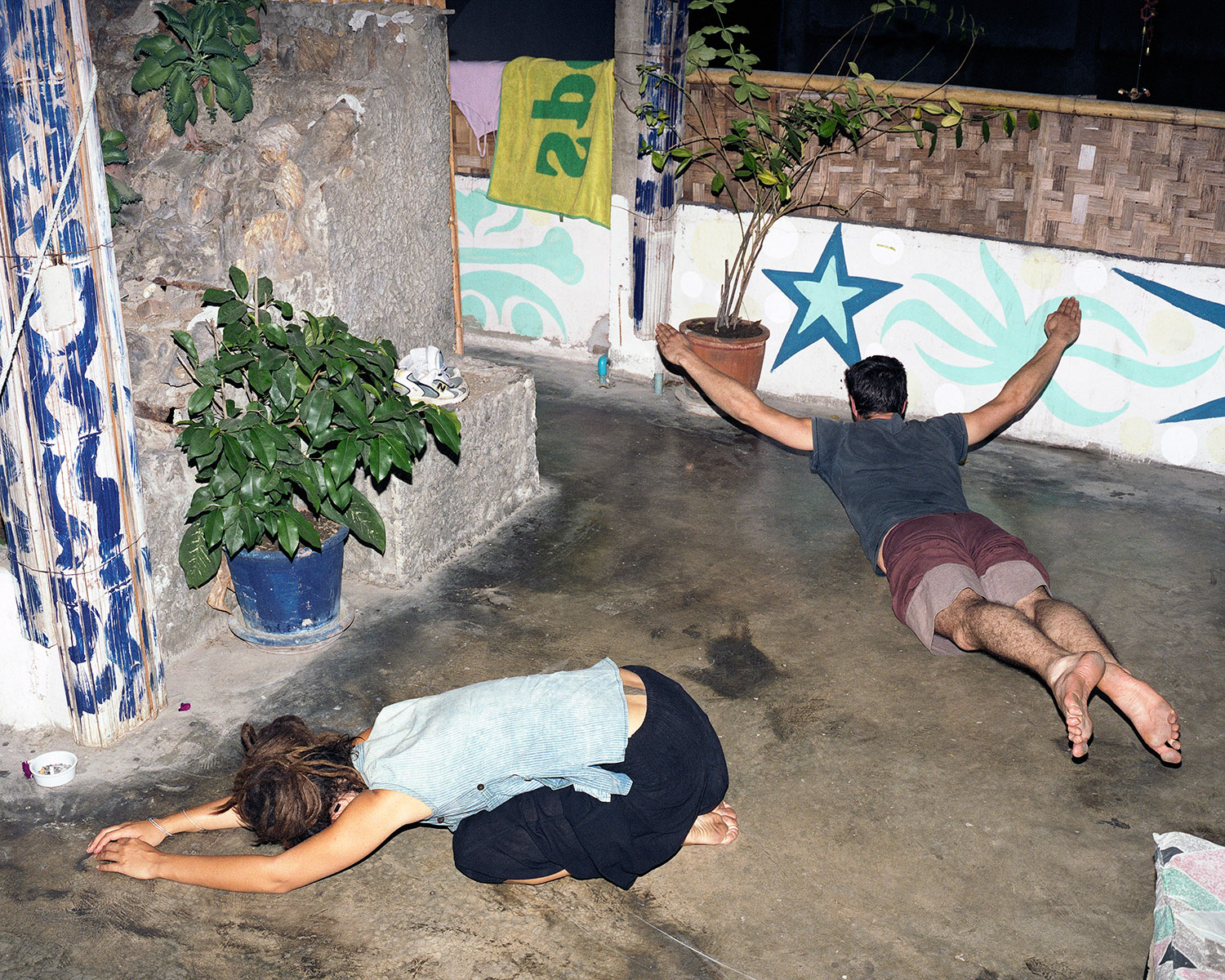
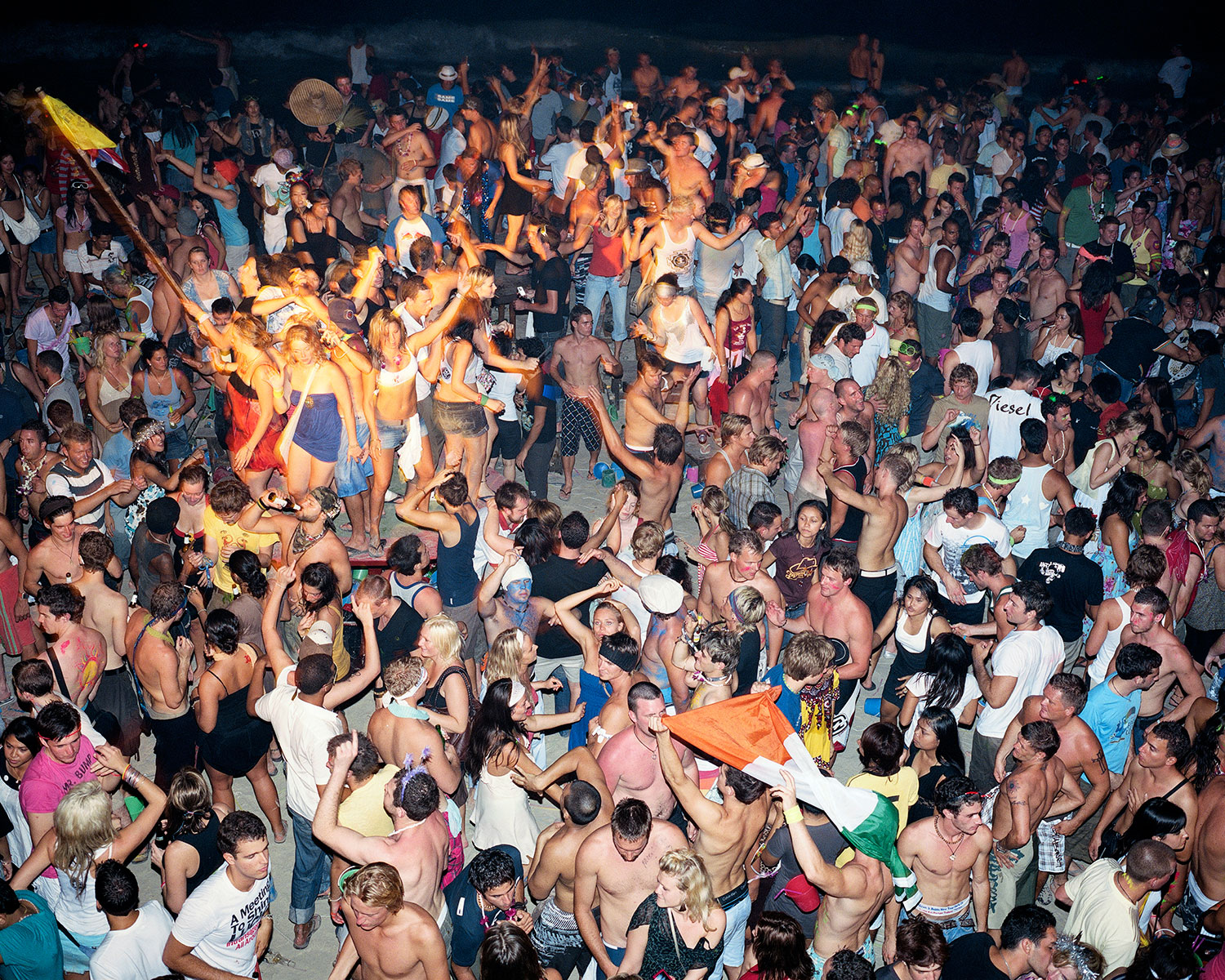
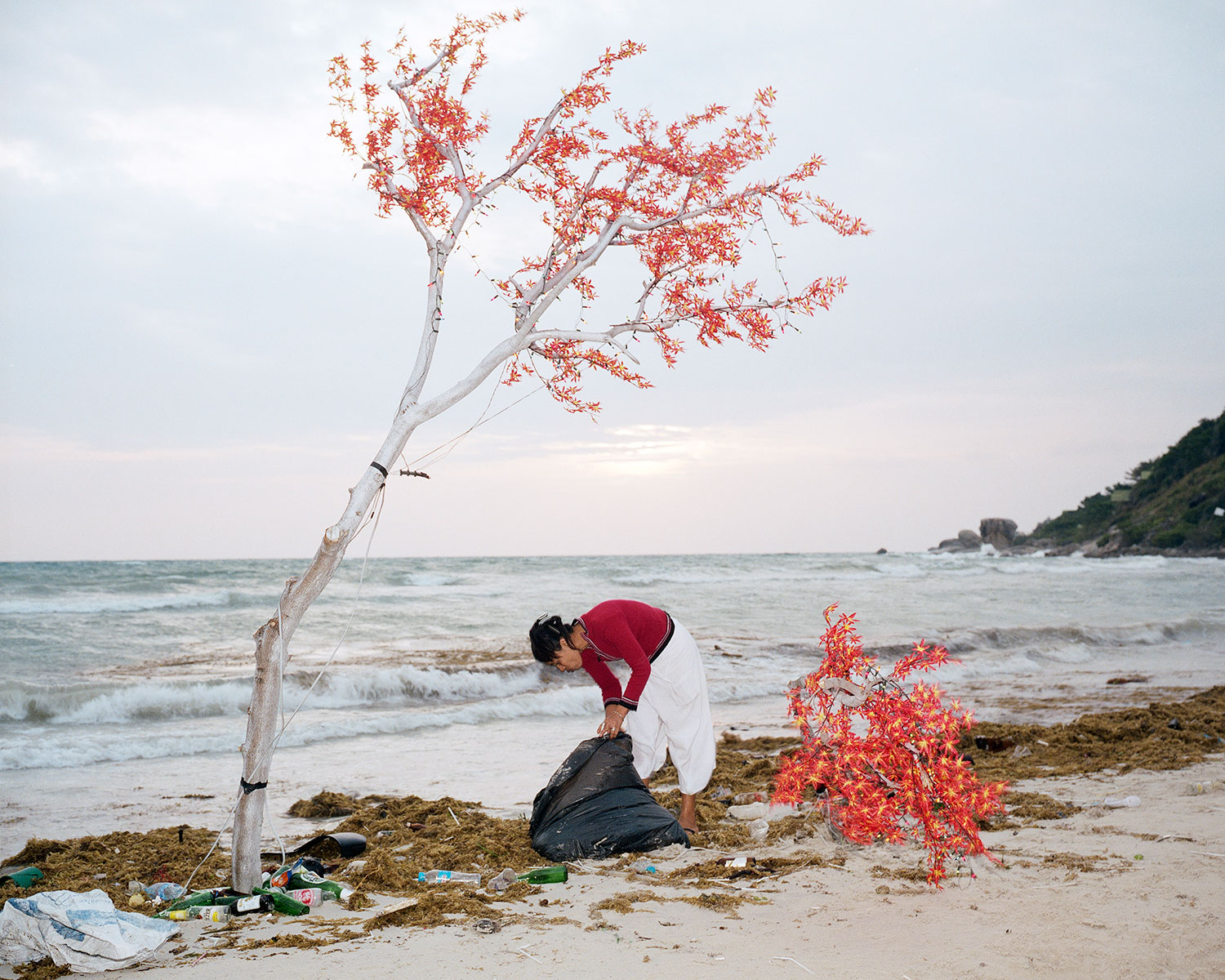
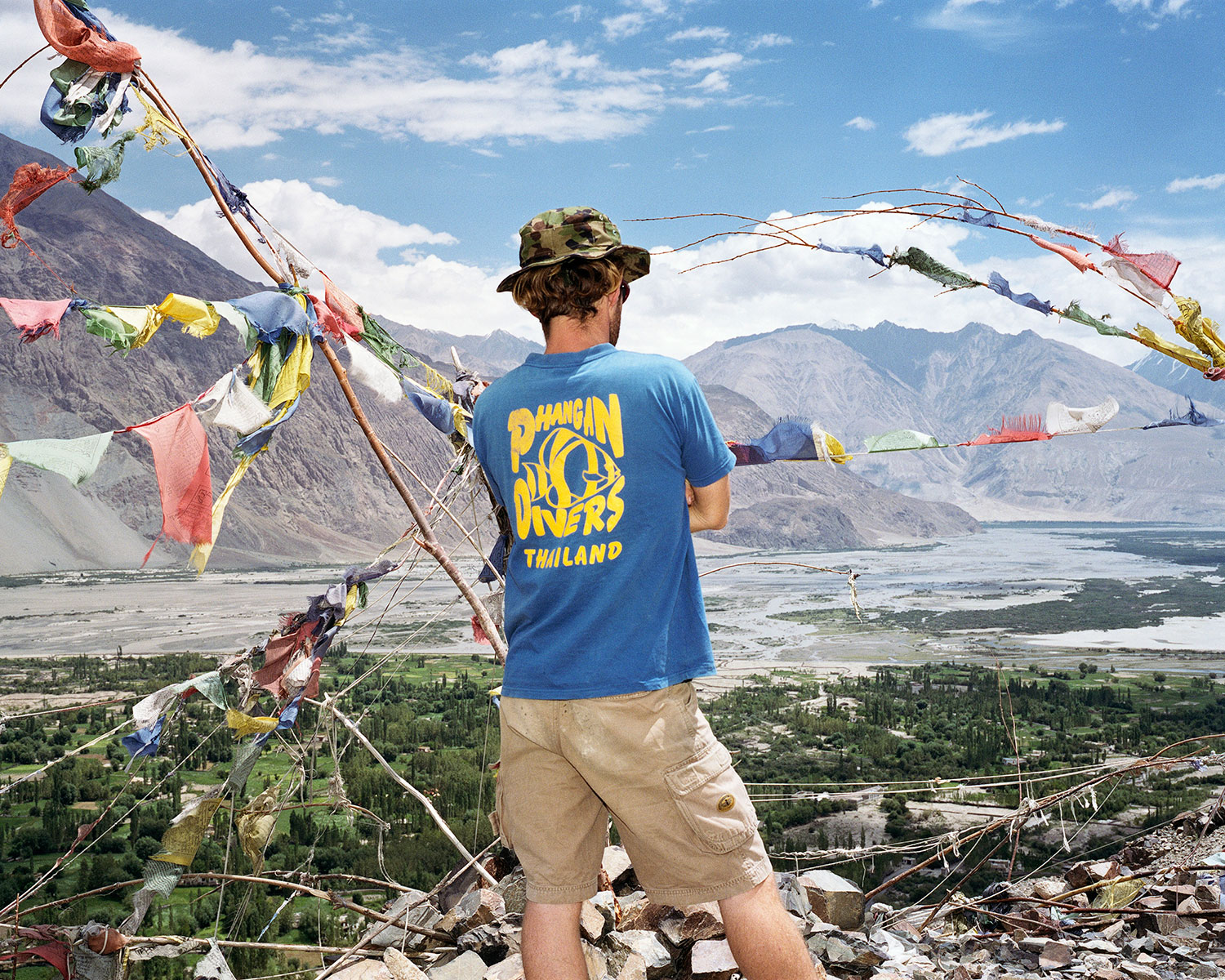
More Must-Reads From TIME
- Dua Lipa Manifested All of This
- Exclusive: Google Workers Revolt Over $1.2 Billion Contract With Israel
- Stop Looking for Your Forever Home
- The Sympathizer Counters 50 Years of Hollywood Vietnam War Narratives
- The Bliss of Seeing the Eclipse From Cleveland
- Hormonal Birth Control Doesn’t Deserve Its Bad Reputation
- The Best TV Shows to Watch on Peacock
- Want Weekly Recs on What to Watch, Read, and More? Sign Up for Worth Your Time
Contact us at letters@time.com